LIFESTYLE CHOICES AND VALUES
New generations are coming of age and impacting the world with new decision-making paradigms. Millennials are less interested in driving, while Boomers plan for post-driving life. Cities are becoming more attractive for all generations, while the dialogue around suburbs concerns retrofitting not expanding. Meanwhile, US culture is undergoing subtle but noticeable shifts in response to these changes.
- How might demographic and generational shifts shape lifestyle choices, values, and citizenry?
- How might preferences for where to live and work, and how to get around, evolve?
- How might new technologies enable different choices for owning and driving cars?
Millennials Lead the Trend to Less Driving, But What Happens As They Get Older?
CityLab, May 2013
“This question lurks behind every celebrated trend story about the Millennial generation: Will this group really push systemic change (as the baby boomers did) in how Americans live, work and relate to each other (sharing cars, for instance, as opposed to owning them)? Or is this moment – with its associated driving patterns – a hiccup in history?”
What Millennials Want, and Why It Doesn’t Matter
Planetizen, June 2016
“The debate about whether Millennials prefer urban or suburban misses a big, important point: what Millennials really prefer is possible in either setting.”
Cultural Creatives Are Changing the World
Huffington Post, May 2016
“There is a shift happening in terms of understanding your market. Instead of focusing on demographics and traditional marketing means, an emerging trend is to look at the market from a values perspective.”
A Portrait of “Generation Next”: How Young People View Their Lives, Futures and Politics
Pew Research Center, January 2007
“A new generation has come of age, shaped by an unprecedented revolution in technology and dramatic events both at home and abroad. They are Generation Next, the cohort of young adults who have grown up with personal computers, cell phones and the internet and are now taking their place in a world where the only constant is rapid change.”
Demographic Shifts: Shaping the Future of Car Ownership
Knowledge @ Wharton, February 2017
“Rather than retiring, 87% say a shorter commute to work is a major reason for their move to the city.”
What’s Mine Is Yours
Rachel Botsman, YouTube, August 2010
A ‘Big Shift’ from the 20th century, a time defined by hyper-consumption, to a 21st century age of Collaborative Consumption, is underway.
Retrofitting Suburbia
Ellen Dunham-Jones, TED Talks, June 2010
“Can we rebuild our broken suburbs? Ellen Dunham-Jones shares a vision of dying malls rehabilitated, dead “big box” stores re-inhabited, and endless parking lots transformed into thriving wetlands.”
Aggregate Vehicle-Miles Traveled in the United States under Several Scenarios of Future Travel Growth, 1946-2040
US PIRG Education Fund, May 2013





